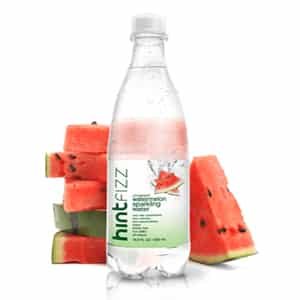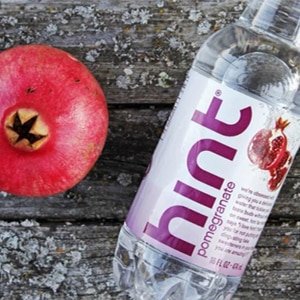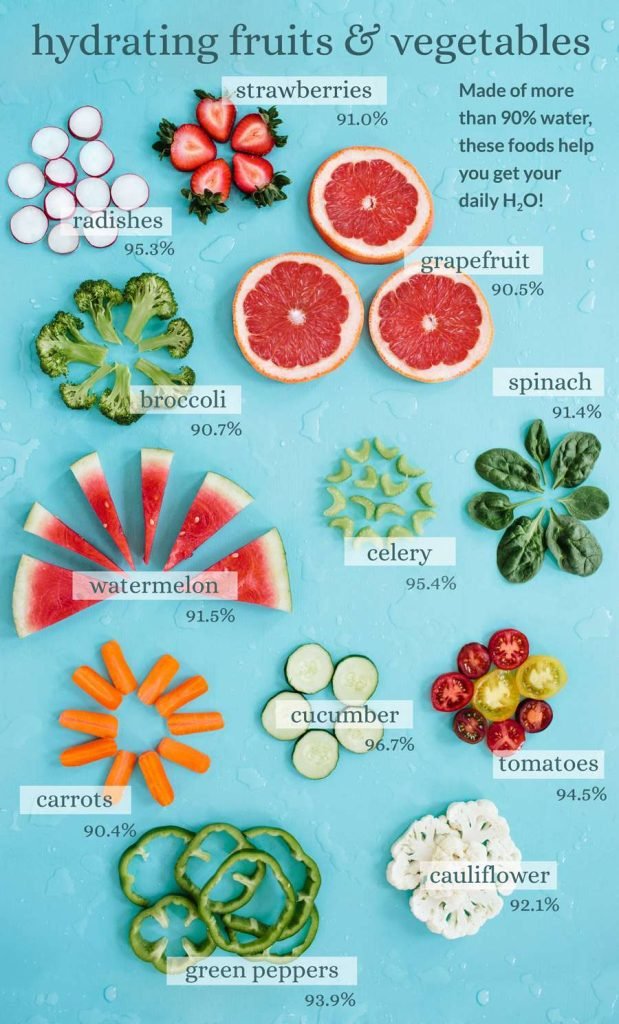- Home
- Health
- Water Softener Guide
- Water Treatment
Private Sewers & Septic Systems
- About Private Sewers Sysytem And Septic Systems
- Lateral Root Notification Program
- Fats, Oil & Grease
- Spills & Black Water Valves
- Help Protect The Enviroment
- Septic Systems
- About
Why Water Matters: The Importance of Staying Hydrated
Water is a quintessential element in our body. Every system in our body, right from our cardiovascular system, brain, to our muscles, requires water to function. It plays a pivotal role in numerous body functions. It helps in transporting nutrients, removing bacteria from our bladder, and even preventing constipation. That’s not all; water is also responsible for joint lubrication, regulating body temperature, and even detoxification!
Benefits of Staying Hydrated:
1. Cardiovascular Health: When you are dehydrated, it means there is less volume of blood in your body. This can make the heart work harder as it has to push oxygen and nutrients to cells, tissues, and organs.
2. Prevents Dry Mouth: Water keeps your throat and lips moist and prevents your mouth from feeling dry. Dry mouth can result in tooth decay and other oral health problems.
3. Muscles and Joints Work Better: When you are hydrated, it ensures that the water inside and outside the cells of contracting muscles provides adequate nutrients and removes waste efficiently so you can perform better. Also, when you are well-hydrated, the water inside the joints will act as a lubricant which will help reduce the cramps and sprains.
4. Body Temperature is Regulated: Through the process of perspiration and heat radiation, water helps in releasing heat from the body. This is why you sweat more during high-intensity workouts or on a hot day.
5. Detoxification: Your kidneys need water to filter waste from the blood and excrete it in urine. Keeping hydrated may also reduce the chance of urinary tract infections and kidney stones.
6. Helps in Keeping Skin Supple: Dehydration results in dry skin. Staying hydrated helps maintain skin moisture and also delivers essential nutrients to the skin cells.
So, What Does Staying Hydrated Mean?
Staying hydrated doesn’t mean drinking water alone. It means that you provide your body with essential fluids that help in regulating body temperature, eliminate bodily wastes, and carry out various cellular functions. You can get hydration from beverages, and high-water-content foods like cucumbers, oranges, and tomatoes.
Dehydration Can Have Serious Consequences
The most obvious one is thirst, but that’s just the beginning. Dehydration can result in dry mouth, headaches, dark and yellow urine, and even fatigue. It can also affect your mood, your energy levels, and your ability to think clearly. Prolonged dehydration can lead to more severe problems like digestive issues, constipation, and an overly acidic stomach which increases the risk of heartburn and stomach ulcers. It can also result in water retention — the body’s defense mechanism against water loss. Lack of hydration can also result in muscle fatigue.
If You Don’t Like Water
While water is the best way to stay hydrated, not everyone likes the taste of it. You can add a splash of lemon or lime to your drink. You can also infuse water with fruits like berries, cucumbers, or watermelon for added taste and flavor.
Hydrate Even When It’s Not Hot
People believe that you need to hydrate only during hot weather. That’s not true. You lose water through your breath, perspiration, urine, and bowel movements, irrespective of the weather outside. In cold weather, you might not feel thirsty, but you still need to hydrate.
Ways to Stay Hydrated Without Drinking Water
You don’t have to rely solely on what you drink to meet your fluid needs. What you eat also provides a significant portion. For example, many fruits and vegetables, such as watermelon and spinach, are 90% or more water by weight. In addition to that:
1. Fruit Juice and Smoothies: They are not only delicious but also hydrate you. However, they can be high in calories and sugar.
2. Coconut Water: It’s a great beverage that hydrates you and also provides essential electrolytes like potassium, sodium, and natural sugars.
3. Smoothies and Juicing: Another delicious way to stay hydrated. However, when you rely solely on juicing, you might miss out on the essential fiber that fruits provide
4. Water-rich Fruits and Vegetables: Think about adding cucumbers, oranges, strawberries, and watermelons to your diet.
5. Tea and Coffee: Yes, they also contribute to your fluid balance. However, too much caffeine can have counterproductive dehydration effects.
6. Milk: It’s also a source of hydration, and it provides essential nutrients. If you are lactose intolerant or vegan, you can go for alternatives like soy milk, almond milk, etc.
Fun Facts
How Much Should I Drink?
The amount of water you need depends on various factors, including the weather you live in, how physically active you are, and whether you’re experiencing an illness or have any other health problems. While the old suggestion of drinking 8 glasses a day (known as the “8×8” rule) is easy to remember, it’s not necessarily right for everyone. Some people might need less, while others might need more. Remember, high-water-content foods like cucumbers, oranges, and strawberries also contribute to hydration.
Let me know if there’s anything else you’d like to know or if you have further questions!














